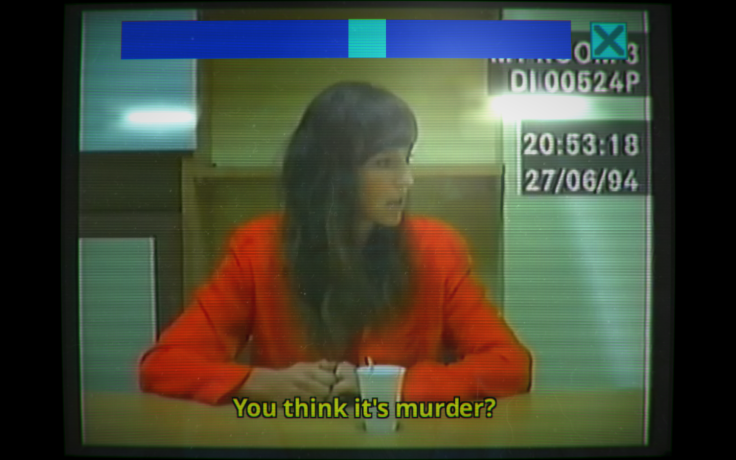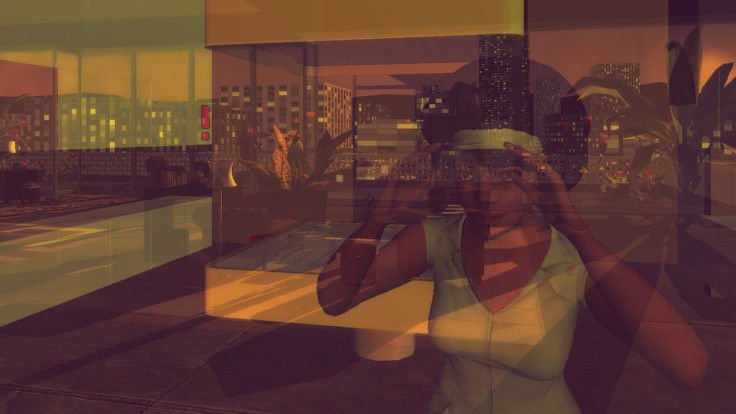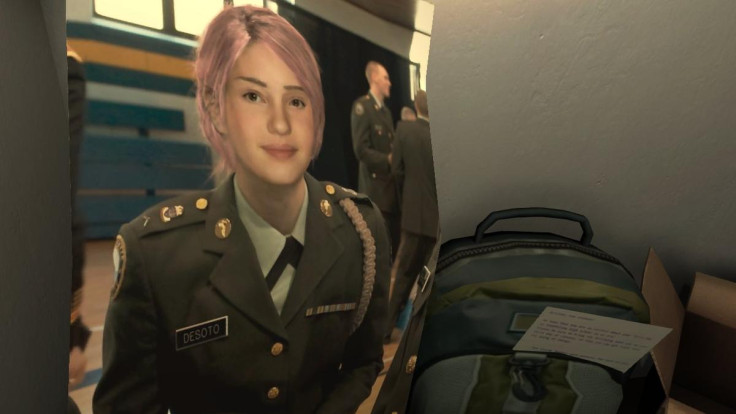Gamers vs Art: Attitudes to video games like Her Story & Sunset are killing this industry

When I was first started writing about video games, I had what I thought was a clear understanding of how the industry worked. Developers were determined to make high art. Audiences were equally ready to imbibe it and longed for smarter, better games. But between them stood executives and money-men – our dreaded publishers – who in their quest for profit repurposed any idea that was good and true into easy, anodyne entertainment.
The suits at Activision, Ubisoft and EA were to blame for the state of gaming, the cigarette-smoking men who worshipped market research and lived and died by the fiscal year. If only they were out of the way, developers could create whatever they liked. And players, God bless them, would finally get the sophisticated games they deserved.
But in the same week that a record 52,000 people attended E3 and whooped and applauded trailers for new Halo, Uncharted and Assassin's Creed games, Tale of Tales announced it would close its doors after selling just 4,000 copies of Sunset. This was not an underground release – this was not an invisible game. Advertised on Rock, Paper, Shotgun, reviewed by every major site and instantly available to 100 million Steam subscribers at a price of just £15, Sunset died because, basically, most people who buy and play games do not want art.
I can understand passive disinterest – I can empathise with the mindset of wanting, after a long workday, escapism over literature – but gaming audiences actively rally against new and different types of games. Gone Home was belittled for "not being a game", as was Dear Esther.

Have a look on the comments under any review of Her Story and you will find people tearing it apart – even though they have not played it – because it does not fit a mainstream model or because its main character is a woman. Say something personal with your game and it is hipster bullshit. Explore feminist, LGBT or simply non-white male characters and you are pejoratively called a "social justice warrior". The gaming community is voting with its wallet – and its behaviour online – against games that strive.
Of course, an audience for these kinds of games does exist, which is how developers like Fullbright, The Chinese Room and Lucas Pope remain in business. And it is not as if we gamers owe wholesale support to any video game movement – if a game is "attempting something new", we are not morally obliged to buy or evangelise it.
I did not even think Sunset was very good. Any sales that managed to survive the initial filtering through a consumer base reviled by the notion of difference, were unlikely to snowball via word of mouth. It is nevertheless a sorry state of affairs when the gaming industry, for decades, has produced only a very specific kind of entertainment, and that has resulted in an audience that is now culturally illiterate, has appalling attitudes towards social issues and considers art guilty until proven innocent.
Simply getting a game like Sunset out of the door is remarkably difficult – though 15 years ago, it would have been impossible. As much as I did not like it, as much as I am reticent to say we should support independent games in a blanket sense, I feel like what we have in games is an audience that will not try something unless it knows in advance that the something is going to be good.

And what does that make games? It makes them cameras. It makes them bicycles. It makes them power tools. If Tale of Tales and studios like it are forced to close down, it is because too many people want games to be products, while too many developers – developers who are good-minded – want games to be expression.
I would like to believe that we are hungry for the right things, and that it is only corporate bogeymen who stand in the way, but in reality the audience for games, in a mass, general sense, just does not care about art. It does not even care about change, and in the case of Sunset, something different could not even sell with a relatively small price tag and directly to their computers.
Thomas Edison did not patent his motion picture camera, because he considered films a passing novelty. In a similar vein, people who buy games, even in their own heads, will not accept the possibility that games could be more than they are currently. I hope history makes these people look stupid. I hope Tale of Tales, in some form, gets another shot.
For the latest video game news follow us on Twitter @IBTGamesUK.
© Copyright IBTimes 2025. All rights reserved.



















